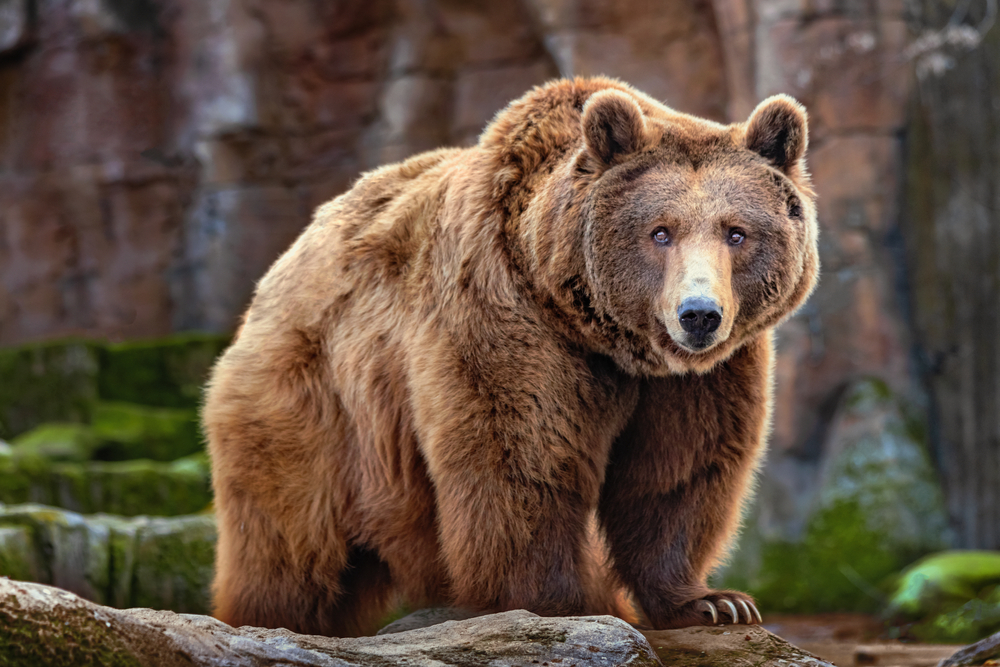This year’s hunting season is marked by high number of licenses issued and the relaxation of strict hunting regulations.
Others are reading now
The Swedish government recently granted hunters permission to kill nearly 500 bears, a decision that has drawn sharp criticism from animal protection organizations, which argue that such a large-scale hunt is unnecessary and inhumane, according to Ziare. In just the first two days of Sweden’s newly authorized bear hunting season, more than 150 brown bears have been killed.
A High Number og Licenses
Authorities in Stockholm announced that up to 20% of the country’s brown bear population, estimated at around 2,400, could be culled. By Thursday afternoon, August 22, a staggering 152 bears had already been shot, with 2023 seeing a record total of 722 bears killed, according to reports from The Guardian.
This year’s hunting season is marked not only by the high number of licenses issued but also by the relaxation of previously strict hunting regulations.
Practices that were once illegal, such as using bait, video cameras, or dogs to track and kill bears, have now been reintroduced, making it easier for hunters to locate and shoot their targets.
Also read
Killing a Bear is Extremely Easy
Magnus Orrebrant, head of the Swedish Carnivore Association, has been vocal in his opposition to the hunt, stating, “Modern hunting methods make killing a bear extremely easy; the process can be compared to a slaughterhouse.”
The Swedish government’s decision comes amid broader discussions on wildlife management in Europe.
In neighboring Romania, authorities announced in July the preventive and interventionary culling of nearly 500 bears, with Romania’s Environment Minister, Mircea Fechet, arguing that even this measure may not be sufficient.
Animal rights groups continue to protest Sweden’s bear hunt, arguing that it poses a significant threat to the species and is more about convenience than necessity.


